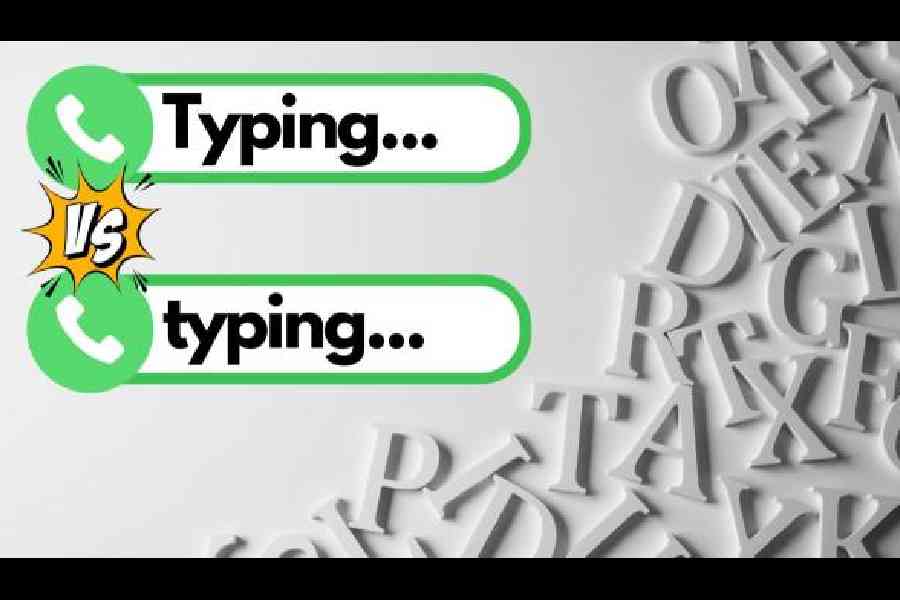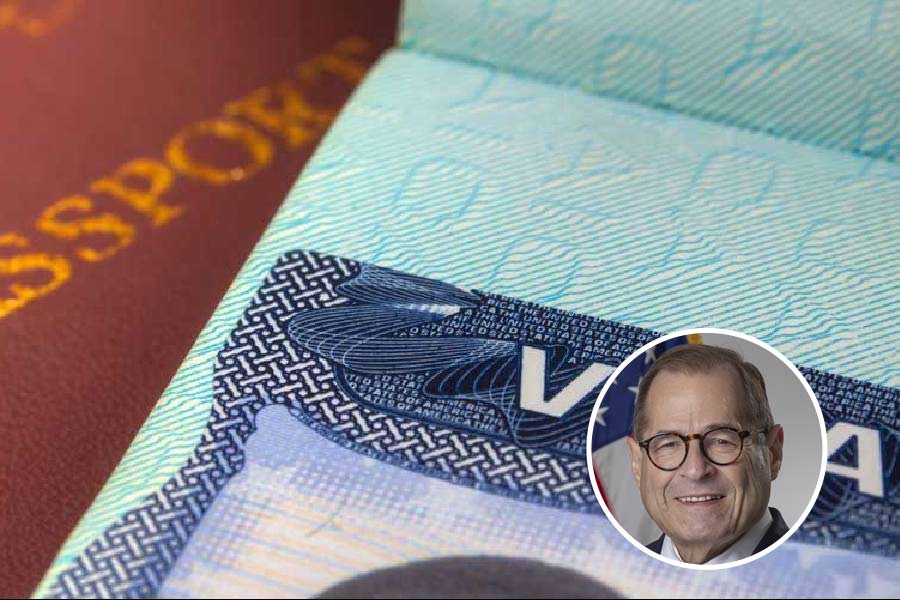WhatsApp recently made a tiny change… so tiny that you may have missed it. Users can see information about the online status of the person they are communicating with, like if a person is “online” or is “typing…”. It has always been like that — no capital letters. A few days ago, WhatsApp decided to make it ‘Typing…’ and ‘Online’. Reactions have been swift and the company had to reportedly reverse its decision.
The change did not affect everyone on Android and iOS and it did not appear on the web. But most users didn’t like it. Most apps are not consistent when it comes to having certain words capitalised. On Meta’s Facebook Messenger, for example, the online indicator is capitalised but on rival Telegram, it is not.
In the online world, most users appear comfortable with a less formal style. Technically, ‘Online’ and ‘Typing…’ make sense but WhatsApp users have been used to a less formal style from day one. At least WhatsApp never became a capital offender by making it ‘ONLINE’. On the Internet, writing in all caps means the person is shouting.
Nonetheless, the small change prompted reactions like “icky” and “why upset me like this”. Some complained about the visual nature of the design change.
Whether to capitalise or not has been a dilemma for long. According to London-based Intelligent Editing, a website dedicated to “editing decisions”, some of the most inconsistently capitalised words are ‘government’, ‘committee’, ‘state’, ‘report’, ‘board’, ‘section’, ‘project’, ‘university’, ‘section’, ‘council’ and ‘federal’.
Thanks to email and messaging culture, many English speakers feel comfortable dismissing all uses of capitalisation or correct spelling, for that matter. One may cringe reading ‘i Suggest’ but it’s only a hot discussion among the grammar police.
If you think the ‘capitalisation war’ is trivial, follow Donald Trump’s ongoing campaign. Like the man once said: “We are the only Country in the World so naive!” The psychologist William James, who coined the term ‘Truth with a capital T’, said that capitalised words — dangling from the lips of some prominent people — are used to create the illusion of objective truth.










